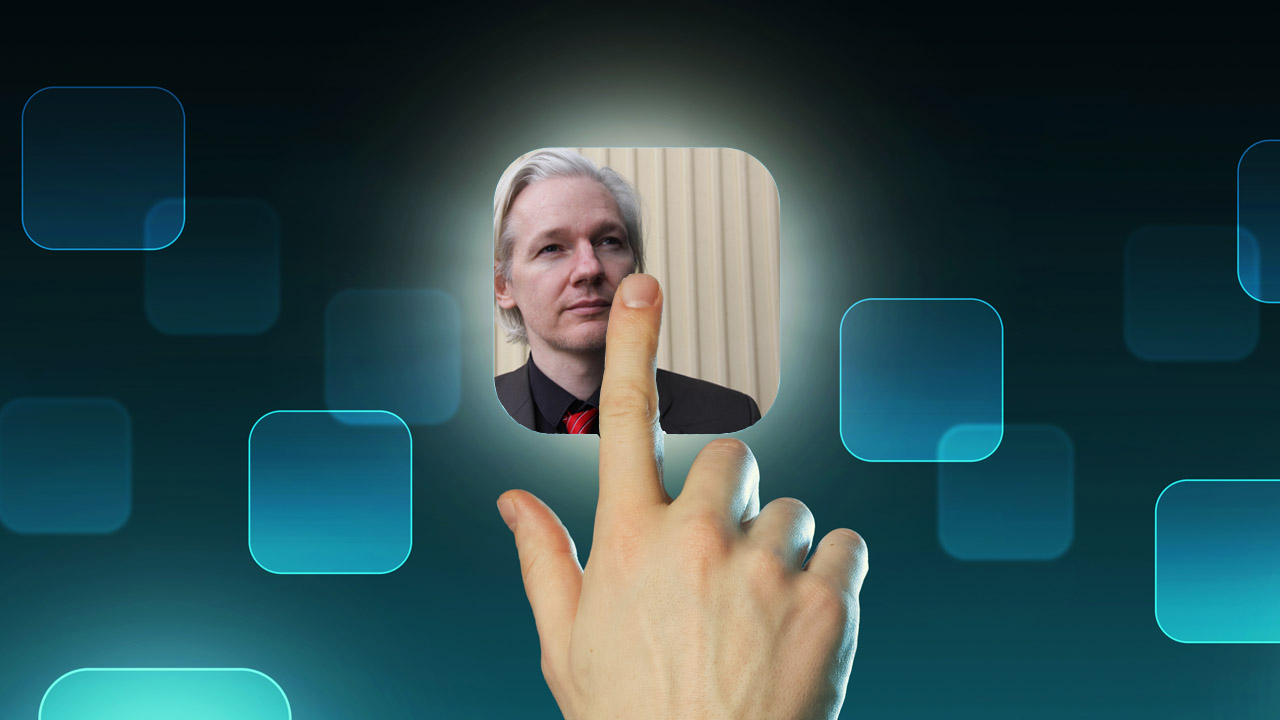Technology has a way of giving us our deepest desires, for better or worse. The iPhone is destroying our attention spans. Soon enough, our Google Glass is going to record your life for you, identifying faces and remembering what you did last night. Google’s new mobile operating system is based around the premise of tracking our actions and predicting exactly what we’re going to want, when you want it. So why aren’t we happy already?
We live in an era of devout techno-utopianism, where no problem is so great that it can’t be solved by a decent smartphone app or heavily funded technology start-up. But that reliance on tech and the companies that control it comes with heavy consequences, which Wikileaks founder and global digital anarchist Julian Assange points out in the New York Times.
 Assange reviewed The New Digital Age, a book by Google executive chairman and former CEO Eric Schmidt and Jared Cohen, a social media maven in the world of politics and the director and founder of Google Ideas, a think tank in New York City. It’s probably not surprising that they think technology, more specifically, the products of the company they work for, is going to solve the world’s problems. Assange describes how Google makes its way into global supply chains in the guise of making transactions more frictionless and entertainment more accessible.
Assange reviewed The New Digital Age, a book by Google executive chairman and former CEO Eric Schmidt and Jared Cohen, a social media maven in the world of politics and the director and founder of Google Ideas, a think tank in New York City. It’s probably not surprising that they think technology, more specifically, the products of the company they work for, is going to solve the world’s problems. Assange describes how Google makes its way into global supply chains in the guise of making transactions more frictionless and entertainment more accessible.
Meanwhile, Google watches, and it profits. “Democracy is insidiously subverted by technologies of surveillance, and control is enthusiastically rebranded as ‘participation,’” the Wikileaks founder writes. “The advance of information technology epitomized by Google heralds the death of privacy for most people and shifts the world toward authoritarianism.” As smartphones entertain us and absorb the data points of our consumption, power becomes more centralized, not less.
We’re putting so much faith in technology to solve our problems that our trust might just do us in. As Google, along with the larger technology industry, aligns itself with mainstream politics (a process recently outlined in The New Yorker by George Packer), it loses its ability to seem rebellious or independent. Rather, it just begins to reinforce the entrenched order. Corporations are the new empires; their technology, as Assange writes, isn’t diplomacy but “imperialism.” He continues, describing the new Google ™ Future: “Without even understanding how, they have updated and seamlessly implemented George Orwell’s prophecy. If you want a vision of the future, imagine Washington-backed Google Glasses strapped onto vacant human faces — forever.”
Assange is giving us a much-needed reality check in the face of the intense hype around (already extremely wealthy) start-up proponents like Schmidt and Cohen. Maybe we’re not happy because technology isn’t so much solving our basic problems as making it easier to ignore them and instead gaze ever deeper into our screens.



